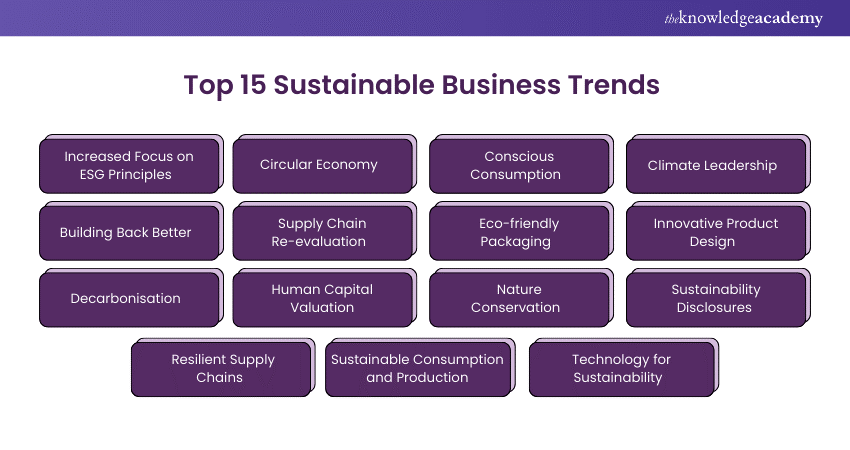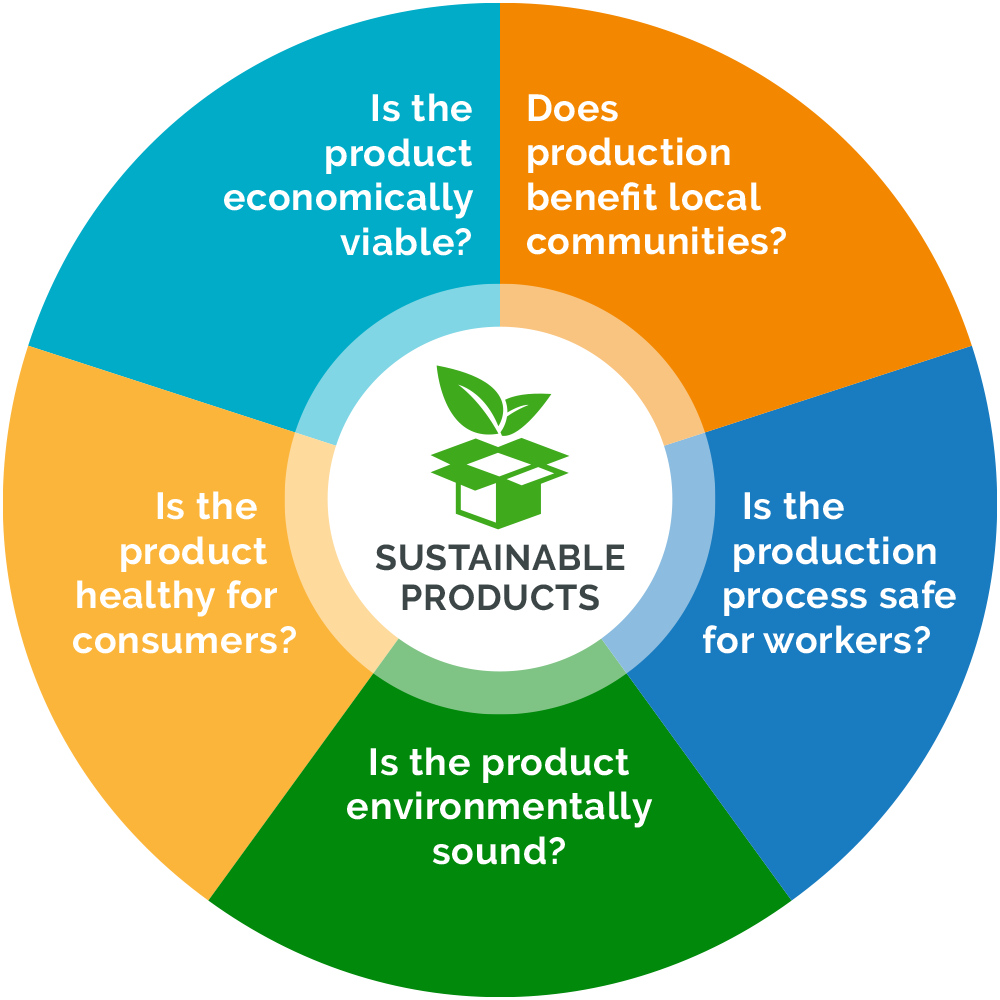Navigating The Future: A Comprehensive Guide To Sustainable Business Practices

In today’s rapidly changing world, sustainable business practices are more than just a trend—they are a necessity. As consumers become increasingly environmentally conscious, businesses must adapt to these shifting demands. This guide explores the importance of sustainable business practices, current trends, benefits, challenges, and successful case studies, providing valuable insights for business owners and managers looking to enhance their sustainability efforts.

Introduction to Sustainable Business Practices
Sustainable business practices refer to strategies that promote environmental stewardship, social responsibility, and economic viability. These practices are crucial as they address the pressing issues of climate change, resource depletion, and social inequality. By adopting sustainable practices, businesses not only contribute to a healthier planet but also position themselves competitively in the market.
The Importance of Sustainability
Sustainability is essential for long-term business success. Companies that focus on sustainability can strengthen their brand reputation, meet regulatory requirements, and respond to consumer demands for eco-friendly products and services. As a result, integrating sustainable practices into business models is no longer optional—it's a strategic imperative.
Current Trends in Sustainable Business
The landscape of sustainable business is evolving rapidly. Numerous trends are shaping how companies operate:
-
Emerging Technologies: Innovations like renewable energy, carbon capture, and sustainable materials are increasingly being integrated into business operations.
-
Consumer Demand: Today’s consumers prefer brands that demonstrate a commitment to sustainability. According to a 2025 report by the World Economic Forum, over 70% of consumers are willing to pay more for sustainable products.
-
Regulatory Pressures: Governments worldwide are instituting stricter regulations to promote sustainability. Compliance with these regulations often drives businesses to adopt eco-friendly practices.
By staying informed about these trends, businesses can position themselves as leaders in sustainability.

Benefits of Implementing Sustainable Practices
The benefits of adopting sustainable business practices are vast:
-
Financial Gains: Companies that implement sustainability measures often see cost savings through reduced energy consumption and waste. For example, Unilever reported savings of over €1 billion since adopting sustainable sourcing practices.
-
Enhanced Reputation: Businesses that prioritize sustainability can improve their public image. Patagonia, a leader in sustainable practices, has built a loyal customer base by aligning its mission with environmental advocacy.
-
Attracting Talent: Many employees seek to work for companies with strong sustainability values. Organizations like Microsoft have found that sustainability initiatives attract top talent.
Incorporating sustainable practices can yield significant advantages, positioning businesses for growth and success.
Challenges in Adopting Sustainability
While the benefits are clear, businesses face several challenges when implementing sustainable practices:
-
Financial Constraints: Initial investments in sustainable technologies can be high. However, businesses can often recoup these costs over time through savings.
-
Lack of Knowledge: Some companies struggle to identify which sustainable practices are most beneficial for their operations. Engaging with sustainability consultants can help guide these decisions.
-
Resistance to Change: Employees may resist new practices due to a lack of understanding. Providing training and education can help ease this transition.
Addressing these challenges requires commitment, planning, and a willingness to adapt.

Case Studies of Successful Sustainable Businesses
-
Interface, Inc.: A global leader in carpet tiles, Interface has committed to becoming a carbon-negative company by 2040. Their innovative use of recycled materials has set a benchmark in the flooring industry.
-
Tesla, Inc.: Known for its electric vehicles, Tesla has revolutionized the automotive industry. Its commitment to sustainability is reflected in its production processes and product offerings.
-
IKEA: This furniture giant has pledged to use only renewable and recycled materials by 2030. Their efforts include sustainable sourcing and energy-efficient manufacturing.
-
Starbucks: The coffee company aims to become resource-positive, focusing on reducing waste and promoting ethical sourcing of ingredients.
These case studies illustrate that sustainable business practices can succeed across various industries, leading to positive environmental and economic outcomes.
Future Outlook for Sustainable Business Practices
The future of sustainable business practices looks promising. As technology advances and consumer awareness grows, businesses will increasingly adopt innovative solutions to sustainability challenges. Companies that embrace sustainability now will likely lead their industries in the coming years.
Encouraging Businesses to Start Their Sustainability Journey
For businesses yet to embark on their sustainability journey, now is the time to act. By starting small—such as implementing recycling programs or investing in energy-efficient technologies—companies can gradually enhance their sustainability efforts.
Conclusion
Sustainable business practices are essential for creating a better future for both the planet and businesses. By understanding current trends, recognizing the benefits, addressing challenges, and learning from successful case studies, companies can effectively implement sustainable strategies. As we move forward, let us commit to building a greener future through sustainable business practices. Start your journey today!
By following this guide, business owners and managers can not only improve their environmental impact but also enhance their overall business performance. Embrace sustainability—your future depends on it!